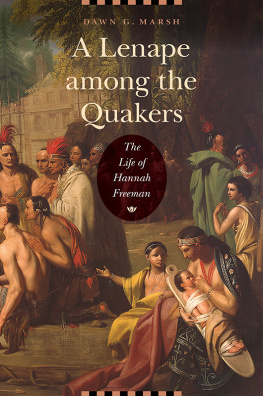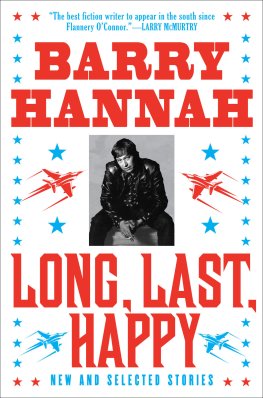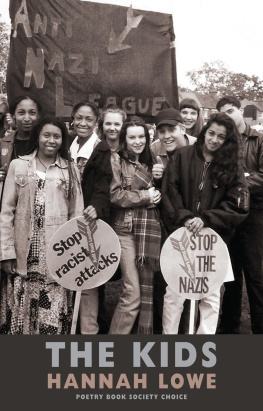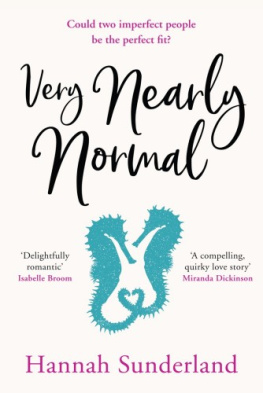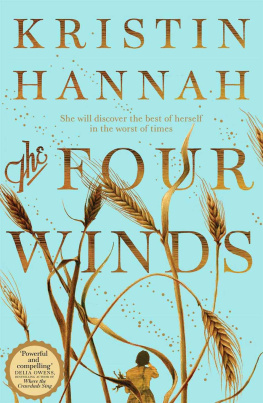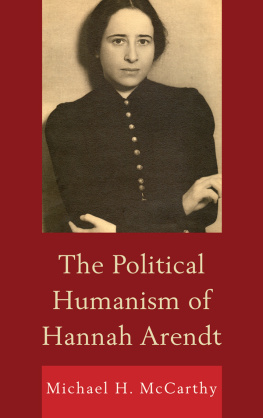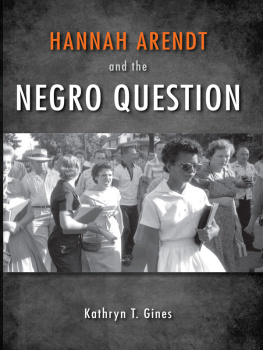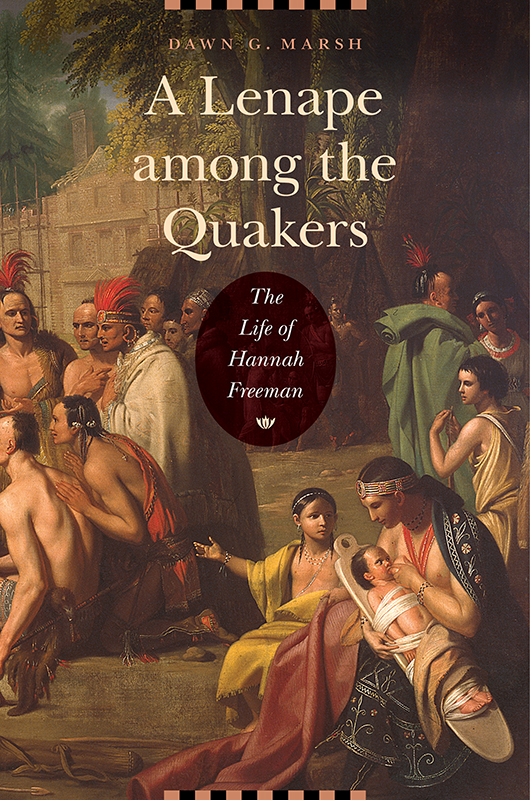
With great insight and sensitivity, Dawn Marsh has pieced together Hannah Freemans story. All who have ever wondered what happened to Pennsylvanias Native people should read this book.
Nancy Shoemaker, author of A Strange Likeness: Becoming Red and White in Eighteenth-Century North America
Using the closely examined life of a single eighteenth-century Native American woman, Dawn Marsh convincingly challenges Pennsylvanias claim to a more just and humane treatment of its indigenous peoples, persuasively contending that Native Americans adopted complex strategies to preserve their cultural heritage, and explores the significance of the continuing mythology of Indian Hannah Freemanall in a good read.
Melton McLaurin, author of Celia, A Slave
A Lenape among the Quakers
A Lenape among the Quakers
The Life of Hannah Freeman
Dawn G. Marsh
University of Nebraska Press
Lincoln & London
2014 by the Board of Regents of the University of Nebraska
Parts of this book have previously appeared in different form in Hannah Freeman: Gendered Sovereignty in Penns Peaceable Kingdom, in Gender and Sovereignty in Indigenous North America, 14001850, ed. Sandra Slater and Fay A. Yarborough (Columbia: University of South Carolina Press, 2011), 10222.
Cover art: Penns Treaty with the Indians by Benjamin West, 177172. Courtesy of the Pennsylvania Academy of the Fine Arts, Philadelphia. Gift of Mrs. Sarah Harrison (The Joseph Harrison, Jr. Collection).
All rights reserved
Library of Congress Cataloging-in-Publication Data
Marsh, Dawn G.
A Lenape among the Quakers: the life of Hannah Freeman / Dawn G. Marsh.
pages cm.
Includes bibliographical references.
ISBN 978-0-8032-4840-3 (cloth: alk. paper) ISBN 978-0-8032-5419-0 (epub) ISBN 978-0-8032-5420-6 (mobi) ISBN 978-0-8032-5418-3 (pdf)
1. Freeman, Hannah, 17301802. 2. Delaware womenPennsylvaniaChester CountyBiography. 3. Delaware IndiansMissionsPennsylvaniaChester County. 4. QuakersMissionsPennsylvaniaChester County. I. Title.
E 99. D 2 F 746 2014
974.8'00497345092dc23
[B]
2013031268
The publisher does not have any control over and does not assume any responsibility for author or third-party websites or their content.
For the Lenape people
and Jesse, Whitney, and Harper
Publication of this book is supported by a grant from
Jewish Federation of Greater Hartford
Contents

Illustrations

Figures
Maps
Acknowledgments

This book began over a decade ago with my discovery of two eighteenth-century documents that inspired me with an inexplicable obsession to unsilence Hannah Freemans story. I did not understand how far or how long that journey would take, but I have no regrets about my choice. I am wiser for the journey, but not weary, and my obsession is now a passion. Hannah Freeman taught me quite a few lessons along the way, and there is much work yet to do.
There are far too many friends and colleagues who offered support and enthusiasm along the way to name individually. Please know that you are deeply appreciated and forever have a seat at my table. However, there are a few who must be named. The first are my children: Jesse Preston Otawka, Whitney Morgan Otawka, and Harper Mackenzie Valentine Otawka. They were the first reasons I embarked on the more difficult of the paths available. They continue to inspire me to be a better human being. Jesse gave me his steadfast loyalty and strength throughout the most difficult times. His sense of humor, kind heart, and compassion kept us together. He is my superhero. My oldest daughter, Whitney, inspired me to never let go. Her tenacity and her passion for her own career remind me how lucky we are to be doing work that we love, and her exuberance and joy teach me to enjoy the ride. Finally, Harper, a gifted writer and poet, reinvigorated my own aspirations as a writer. Her love of language and words are always with me. Her empathy for those suffering injustice reminds me that words are powerful weapons we must use wisely.
Professional support came from many sources. Sharon Salinger and Rebecca Monte Kugel recognized capabilities I had not yet discovered in myself and provided intellectual space and support during my graduate program at the University of California, Riverside. Laurie and Diane Rofini and the staff at the Chester County Historical Society and Chester County Archives introduced me to the Albert Cook Meyers Collection and more. Their expert insights were invaluable. There are many colleagues past and present who listened and advised along the way, but several stand out and must be noted: Helen Hornbeck Tanner, Susan Sleeper Smith, Theda Perdue, and Nancy Shoemakertrailblazers all. My thanks go also to Matt Bokovoy, who recognized the importance of Hannahs story. His mentoring made me a far better storyteller. I must also thank the Philips Fund for Native American Research administered through the American Philosophical Society, which provided the seed money for the project, and acknowledge the generous support of the Library Scholars Grants at Purdue University and the Purdue Research Foundation Grant, which provided crucial funds during revisions of the manuscript.
A few final acknowledgments go to my new extended family in Lafayette, Indiana. I accepted an appointment at Purdue University in 2007 under the most trying and difficult of personal circumstances. In a very short time and with very little effort I found myself surrounded with good friends, both on campus and off. I cooked, you ateyou shared your families, and I shared mine. We laughed, argued, teased, and hugged. Some moved on and are missed dearly, but new friends continue to enter my life. All of you eased my transition from Californian to midwesterner and continue to help me call this strange and marvelous place home. You know who you are. A finer group of miscreants and charlatans cannot be found.
A Lenape among the Quakers
Introduction

On July 28, 1797, Hannah Freeman, an elderly indigent Lenape woman, stood before Moses Marshall, Chester Countys newly appointed almsman, and delivered a brief account of her life; two hundred years later one anthropologist credited it as a Native American biography that predates by nearly one hundred years the earliest Native American story now known.
The story of Hannah Freeman is an imperfect history. The paucity of primary documentary evidence and the generational layers of oral accounts, family histories, and intentional silences make the endeavor of unearthing her story all the more daunting. The effort is worth it because Hannah Freemans experiences as a Native American woman living deeply entrenched in a colonial settler community challenge our understanding of Indian-white interactions beyond the borderlands, frontiers, and middle grounds that are usually addressed in scholarship. Her experiences and the accounts by those who knew her offer an alternate history of a colonial community during a century of upheaval and transformation that enveloped all who lived through it.
Next page
